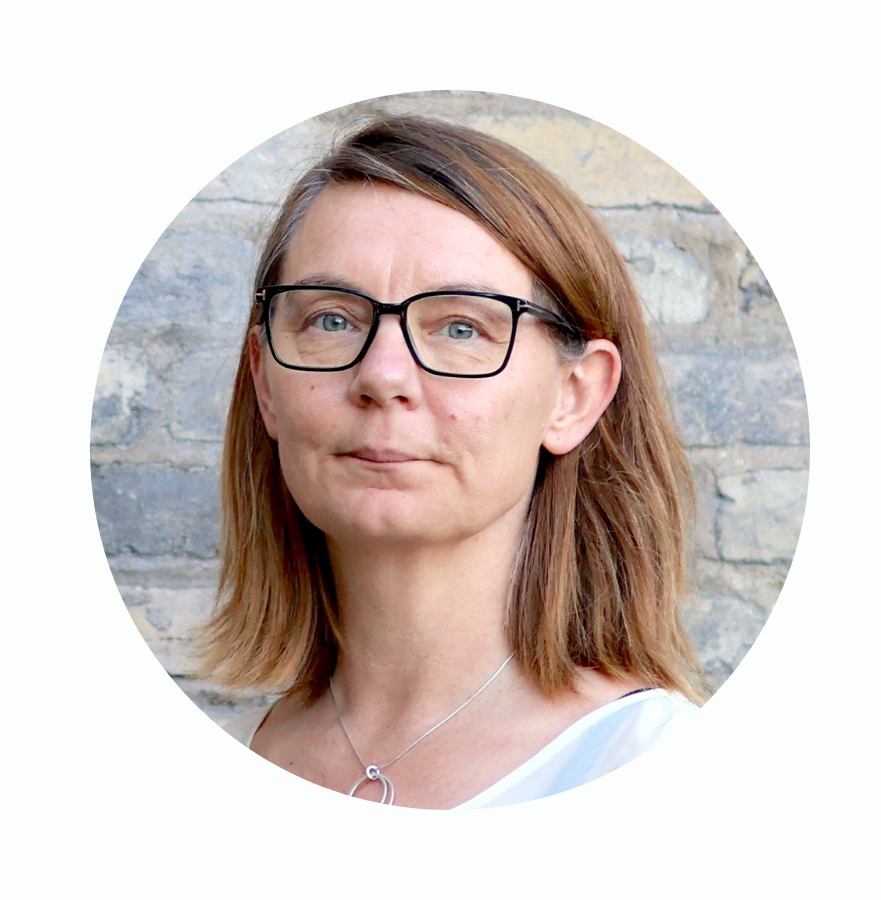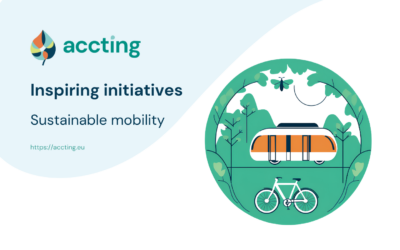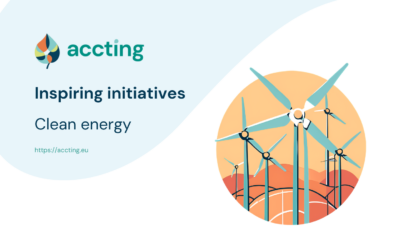Engaging vulnerable groups in building resilient futures
Watch the replay!
Vulnerable groups are significantly more impacted by the climate crisis and its effects, while being systematically left behind in climate policy-making at national and international level. Moreover, these groups are less prepared to face and adapt to climate change challenges and are less equipped for the green and digital transition, further reinforcing their vulnerable position. In order to build resilient societies, actions have to be focused on the most affected and the most vulnerable. Involving vulnerable groups in defining adaptations approaches and finding solutions strengthens their capacities and helps to build inclusive resilience.
This webinar is a joint initiative of FUTURESILIENCE, R4C and ACCTING. It aims to raise awareness on the importance of involving vulnerable populations in the framing and design of policies and activities to build resilience. It will provide practical insights on how to involve these stakeholders while considering intersectionality and gender+ equality, ultimately contributing to the development of resilient societies.
Agenda
Speakers

Matias Barberis, Researcher at EFIS Centre
Doctor in Social Sciences with more than 10 years of experience in the fields of sustainability, resilience and innovation policies. Matias is actively involved in projects oriented to digital and green transformation as well as impact assessment. He is currently leading the EU-funded project FUTURESILIENCE about uptake of R&I policies for building resilience.

Sofia Strid, Associate Professor in the Department of Sociology and Work Science at the University of Gothenburg
Sofia has worked extensively on developing concepts and methodologies for theorising and measuring inequalities, with a focus on violence, crisis, and sustainability. Sofia is the Scientific Coordinator of the EU projects UniSAFE: Gender-based violence and institutional responses (2021-2024), RESISTIRÉ: Reducing gendered inequalities (2021-2023), and ACCTING: For a fair and inclusive Green Deal (2022-2025), and Sweden PI of ST4TE: Strategies for just and equitable transitions in Europe (2024-2027).

Johannes Klein, Senior Researcher at Demos Helsinki
Johannes is an experienced climate change adaptation researcher. With a special focus on the governance of adaptation in an urban and regional context, he knows how to find pathways to sustainable and resilient communities through academic research. He is inspired to contribute in just, transformative, and inclusive adaptation action. Being trained as an environmental engineer (University of Stuttgart) and with a D.Sc. in Land Use Planning and Urban Studies (Aalto University), Johannes feels at home in academic research, interdisciplinary work, and hands-on activities
Participating projects
FUTURERESILIENCE aims to strengthen European economic and social resilience through an enhanced ability to quickly respond to future crises. This is achieved by facilitating the fast and effective use of policy relevant research and innovation (R&I) findings through 10 pilot cases called ‘FutuResilience Labs’.
ACCTING aims to understand the impact of Green Deal policies on vulnerable groups, prevent inequalities, and produce knowledge and innovations to advance behavioural change at individual and collective levels for an inclusive and equal European Green Deal.
R4C aims to collaboratively develop and demonstrate a socially just transition to climate resilience for European regions.


